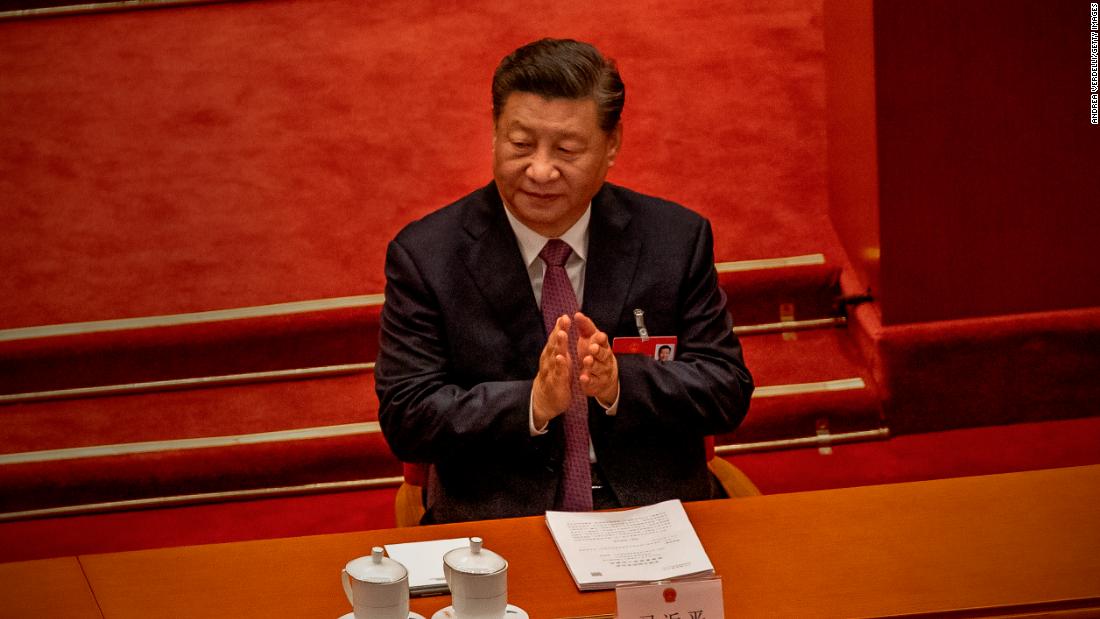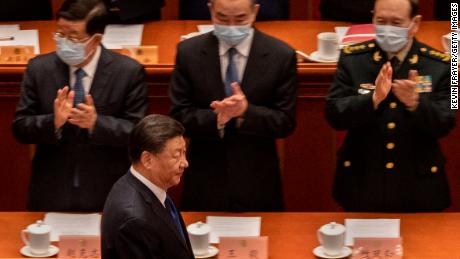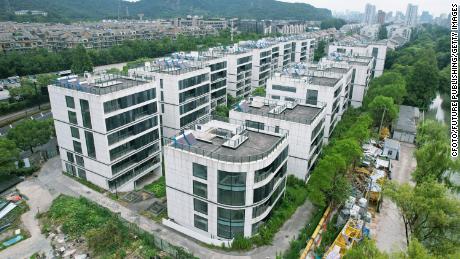
Now, the country’s leadership has fallen silent on growth targets all together. At a key meeting of top leaders on Thursday, no mention of GDP targets was made, and analysts have said that this is a sign that the government thinks it might not be able to meet its goals after all.
The tone of this meeting was in sharp contrast to the previous Politburo meeting in April, when policymakers vowed to “strive to meet economic and social targets” for this year.
“Given China only grew 2.5% in the first half, the original [annual] target of around 5.5% is too high,” said Larry Hu, chief China economist at Macquarie Capital, in a report late Thursday.
“In today’s meeting, policymakers used the new phrase: ‘strive to achieve the best result.’ It means that they no longer view 5.5%, or even 5% as achievable for this year,” he added.
Betty Wang, senior China economist at ANZ, also said Friday that policymakers are “prepared to miss the growth target.”
No flexibility on zero Covid
The policy has a particular “political significance,” the Politburo statement said.
Analysts now think that China will adhere to its rigid Covid strategy till next year.
“The Politburo vowed to stick with the zero-Covid strategy, and for the first time it explicitly mentioned politics is a particularly important factor to consider when handling the relationship between Covid controls and socio-economic development,” said Nomura analysts in a report on Thursday.
“This lends support to our view that Beijing will maintain zero-Covid strategy, at least until March 2023, when the current political reshuffle is fully completed,” they added.
Nomura added that it expects China to grow at 3.3% in 2022.
The Communist Party will undergo a leadership reshuffle at its 20th party congress this fall. President Xi Jinping is expected to seek a historic third term in power at the meeting. If successful, he would be re-elected as the president in the parliamentary session in March 2023.
Property crisis and financial risks
In recent weeks, thousands of disgruntled homebuyers have threatened to stop paying mortgages for unfinished homes if construction is not completed in time. The boycott came as as a growing number of projects have been delayed or stalled by a cash crunch among property developers.
“[We] must stabilize the real estate market,” the Politburo statement said.
It emphasized that local governments should take the responsibility to ensure pre-sold homes are completed and delivered to homebuyers.
“In other words, it’s not very likely for the central government to set up a mega fund to buy out the majority of unfinished projects,” Hu from Macquarie Capital said.

